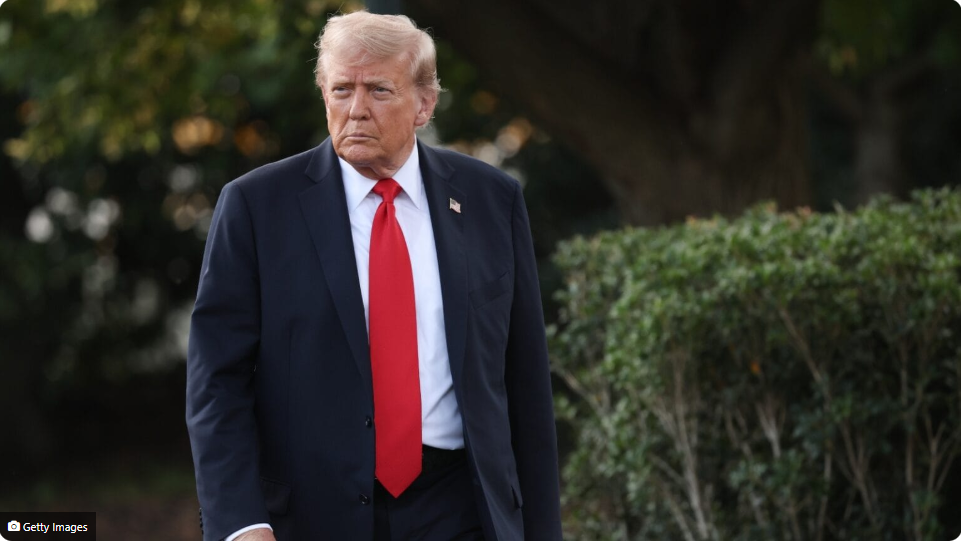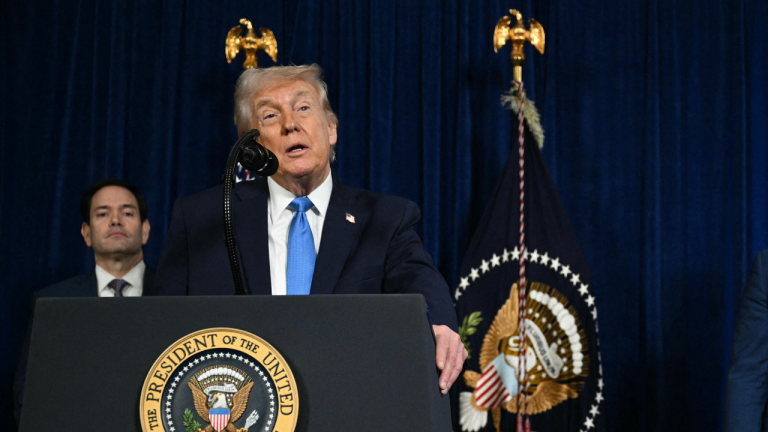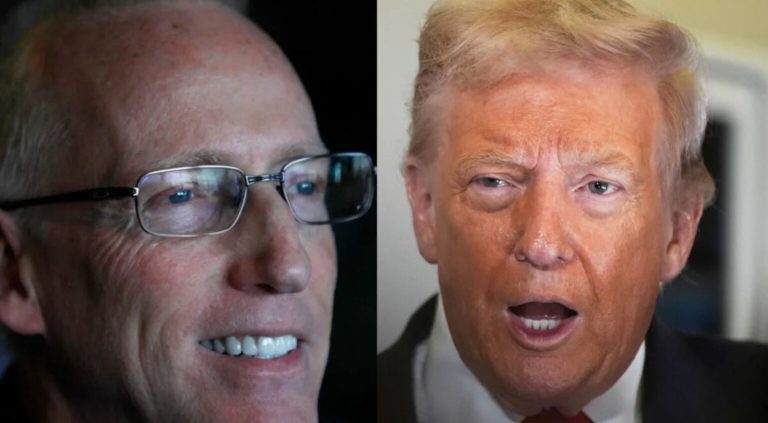
On Thursday, the U.S. Supreme Court issued a decision in a case involving gender ideology by granting a stay application that allows the Trump administration to enforce a policy requiring all new U.S. passports to display an individual’s biological sex at birth.
This ruling reverses a preliminary injunction issued by the United States District Court for the District of Massachusetts, which had blocked the policy, and overturns the First Circuit’s decision not to stay that injunction pending appeal.
The policy in question, enacted through an Executive Branch directive, mandates that passport sex markers reflect the biological sex assigned at birth, as determined by birth certificates. The Supreme Court’s majority opinion, issued without a detailed breakdown of justices’ votes, applied familiar stay factors at this preliminary stage to justify its decision.
The court argued that displaying a passport holder’s sex at birth does not violate equal protection principles, drawing a parallel to listing a person’s country of birth. In both instances, the government is seen as attesting to a historical fact without subjecting individuals to differential treatment.
The court further noted that respondents—individuals challenging the policy—failed to demonstrate that the government’s choice to use biological sex lacks any purpose beyond a desire to harm a politically unpopular group, citing precedent from previous cases.
The ruling also addressed claims that the State Department acted arbitrarily or capriciously by deviating from prior presidential rules. The court found that the department’s actions align with congressional authority under 22 U.S.C. §211a, which grants the president control over passport issuance, an area overlapping with foreign affairs.
This legal grounding supported the conclusion that the government is likely to succeed on the merits. Additionally, the court highlighted that the District Court’s class-wide relief injunction improperly halted an Executive Branch policy with international implications, justifying the stay to allow enforcement while litigation continues.
The policy’s implementation stems from an executive order issued in January 2025, declaring that the United States would recognize only two sexes — male and female — based on biological classification at birth. This shift reversed earlier State Department practices that allowed transgender and non-binary individuals to update passport gender markers to align with their gender identity, often supported by documentation like amended birth certificates or medical records.
This decision marks a notable victory for the Trump administration, reinforcing its authority over passport policies amid ongoing cultural and legal disputes over gender ideology. The ruling’s impact extends beyond the immediate policy, potentially influencing future cases involving gender identity and federal documentation.
Attorney General Pam Bondi celebrated the ruling in an X post on Thursday evening.
“Attorneys at the [Justice Department] just secured our 24th victory at the Supreme Court’s emergency docket. Today’s stay allows the government to require citizens to list their biological sex on their passport,” she wrote.
“In other words: there are two sexes, and our attorneys will continue fighting for that simple truth.”






